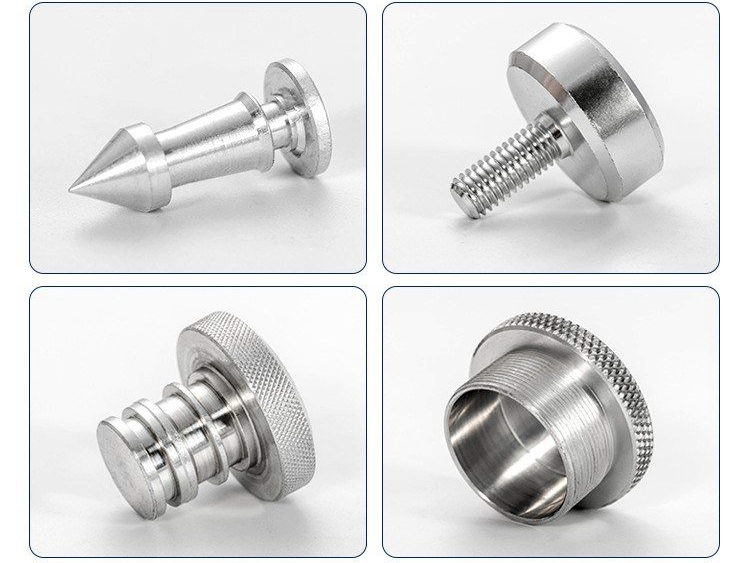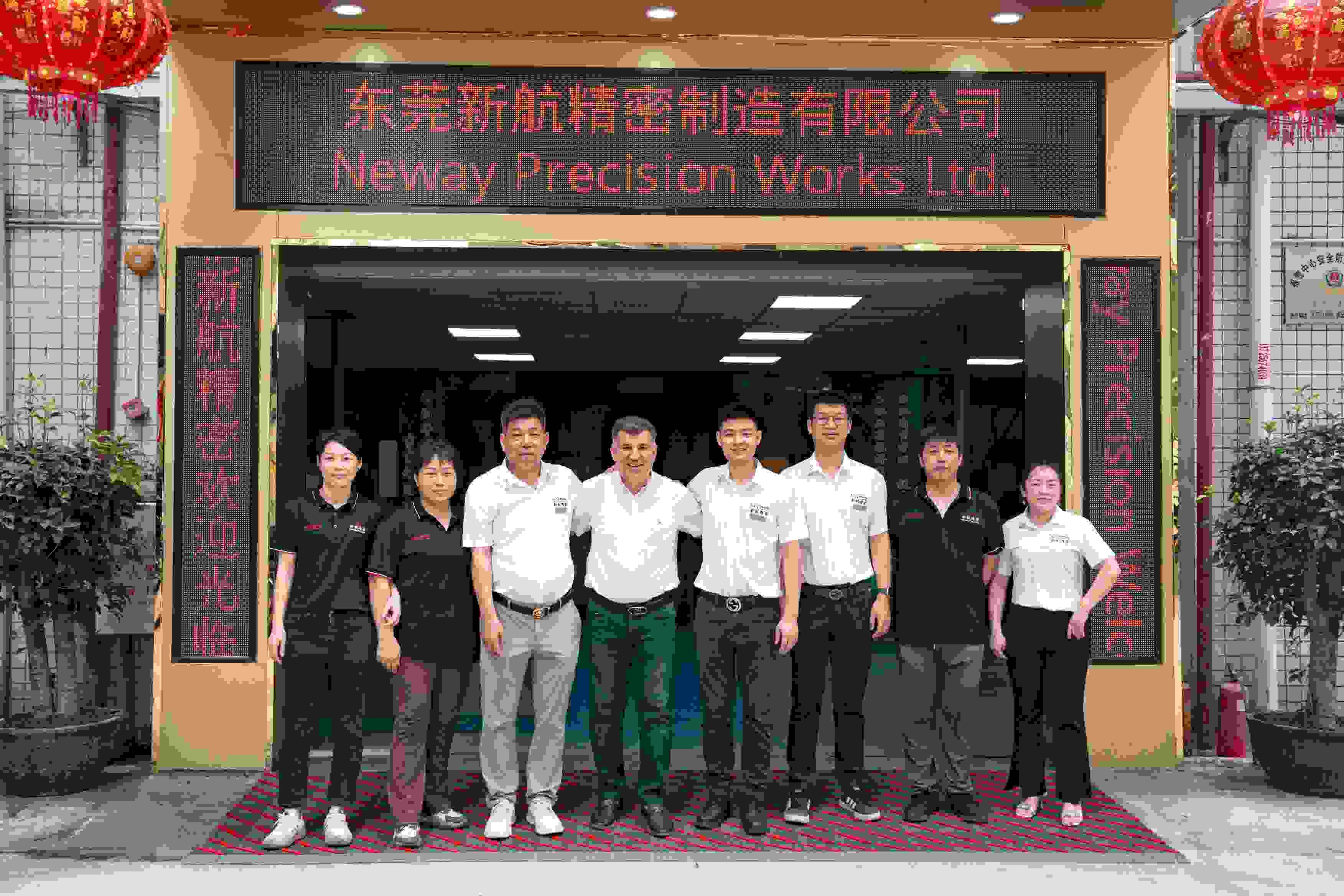Expert Material Selection for Strength, Durability, and Performance
Introduction
Selecting the appropriate material is a critical step in product design and manufacturing. The right material affects strength, durability, and performance under thermal, mechanical, and environmental stress. It influences machinability, cost, corrosion resistance, and the feasibility of post-processing operations like heat treatment, plating, or surface finishing.
At Neway, our engineering team provides expert material selection guidance tailored to your application requirements, whether you're prototyping, mass producing, or optimizing performance-critical components.
Why Material Selection Matters
Material selection is not just about choosing the strongest metal or the cheapest alloy. It’s about finding the optimal balance between:
Mechanical properties (tensile strength, yield strength, hardness)
Environmental resistance (corrosion, oxidation, thermal cycling)
Manufacturing compatibility (machinability, castability, weldability)
Economic factors (material availability, processing cost, lifecycle cost)
Design engineers must consider how the material performs under service conditions and behaves during machining, casting, or forming processes.
Key Material Selection Criteria
Property | Description | Impact |
|---|---|---|
Tensile Strength | Resistance to stretching under load | Determines load-bearing capacity |
Yield Strength | Onset of plastic deformation | Critical for parts under stress |
Hardness (HB or HRC) | Resistance to indentation and wear | Important for gears, bushings, and sliders |
Elongation (%) | Ability to deform before fracture | Indicates ductility and toughness |
Thermal Conductivity | Rate of heat transfer | Relevant for heat sinks or high-temp components |
Corrosion Resistance | Resistance to environmental attack | Affects lifespan in harsh or marine conditions |
Each of these criteria is influenced by alloying elements, heat treatment, and manufacturing method.
Common Materials and Their Applications
Below are examples of popular materials used across different manufacturing processes offered by Neway:
CNC Machining Materials
Material | Tensile Strength (MPa) | Applications |
|---|---|---|
Aluminum 6061-T6 | ~310 | Lightweight structural parts, housings |
Stainless Steel 304 | ~505 | Corrosion-resistant shafts, brackets |
Carbon Steel 1045 | ~585 | Shafts, hubs, and general mechanical parts |
Brass C360 | ~345 | Precision parts requiring excellent machinability |
Titanium Grade 5 | ~900 | Aerospace components, implants |
See more on our CNC machining services.
Die Casting Alloys
Alloy | Yield Strength (MPa) | Key Features |
|---|---|---|
A380 Aluminum | ~170 | Excellent castability, good strength-to-weight ratio |
A413 Aluminum | ~160 | Superior fluidity for thin walls |
AlSi12 | ~130 | High corrosion resistance, good thermal conductivity |
Zamak 3 | ~280 | Excellent dimension control, easy to plate |
Brass 380 | ~250 | High strength, good wear and corrosion resistance |
Learn more on our die casting materials.
Heat-Resistant and Specialty Alloys
Material | Max Operating Temp (°C) | Use Cases |
|---|---|---|
Inconel 718 | 700–800 | Turbine blades, exhaust systems |
H13 Tool Steel | 600 | Die casting molds, hot work tooling |
Stainless 316 | 550 | Marine components, food-grade parts |
Copper C110 | 250 | Electrical components, heat sinks |
Explore tooling and alloy options on Neway Die Casting.
Material Selection by Application Type
Choosing the correct material also depends on the functional role of the part:
Structural Parts: Require high tensile and yield strength. Aluminum alloys (6061, 7075) or carbon steels (1045, 4340) are common.
Wear Parts: Demand high surface hardness. Tool steels (D2, H13) and nitrided alloys are ideal.
Thermal Components: Need good thermal conductivity. Copper alloys (C110, C630) or aluminum are preferred.
Corrosive Environments: Benefit from stainless steel (316, 304) or anodized aluminum.
We consider ASTM, DIN, and ISO standards for mechanical performance and chemical composition in material qualification.
Material Testing and Certification
Neway provides optional testing and certification to ensure material conformance:
Chemical composition analysis (spectrometer)
Mechanical property tests (tensile, hardness, impact)
Certifications: EN10204 3.1, RoHS, REACH, DFARS
Material traceability for critical applications
These verifications are especially important for aerospace, defense, and medical applications where compliance is non-negotiable.
Integration with Engineering and Production
Material selection is integrated with our full-service engineering support:
CAD modeling and DFM analysis: Ensure material is suited for geometry and manufacturing method
Reverse engineering: Identify unknown materials via hardness and conductivity testing
Machining and casting processes: Match materials to toolpath strategies and mold behavior
Surface finishing: Confirm compatibility with anodizing, plating, or coating processes
Whether you're developing a new product or optimizing an existing one, our team helps you select the right material to meet mechanical, thermal, and economic targets.
FAQs
What’s the difference between yield strength and tensile strength in material selection?
Can you help identify unknown materials from a sample part?
How does material choice affect machining or casting cost?
Do you provide material certifications with shipments?
Which materials are best for parts exposed to saltwater or chemical environments?

